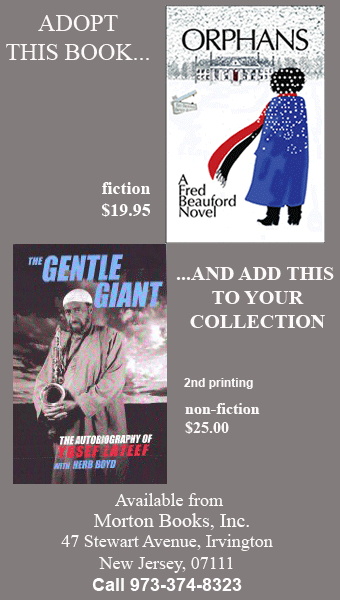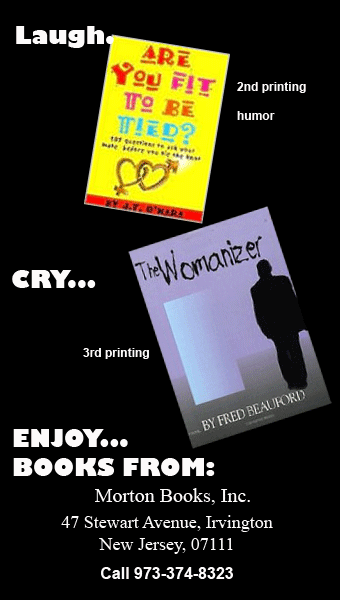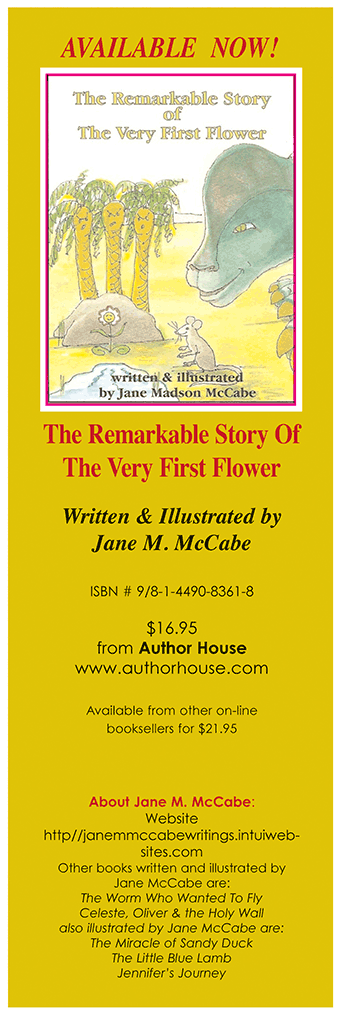A WRITER'S WORLD
"I Remember…"
by Molly Moynahan
"Memoirs are a well-known form of fiction."
Frank Harris
"I've given my memoirs far more thought than any of my marriages. You can't divorce a book."
Gloria Swanson
"I thought, frankly, that it would be more pleasant to write a memoir than it was."
Jim Harrison
"Everybody needs his memories. They keep the wolf of insignificance from the door."
Saul Bellow
I have always read other people's memoirs with a fair amount of contempt. There, I admit it. Except for Fry's ridiculous drug-addled fairytale, which I read with disbelief. I barely made it through the first page without yelling, "Liar, liar, pants on fire!" My last book was supposed to be a teenage vampire series but it died an unnatural death caused by too many editorial suggestions about undead behavior that reminded me that what had started out as an original fairy tale about an outsider was rapidly becoming another contender for the Twilight audience, an audience I would welcome except my characters always have sex. So, I returned to this "thing" I had abandoned years earlier.
Sixty-six pages later I realized that this "thing" was about me and what I remembered, and that meant memoir. I was filled with despair. I wrote my agent and asked her if she would be willing to read this "thing" and she did and she liked it.
"Keep going," was what she said. "Stay real."
I couldn't believe she didn't tell me to stop, that I was wasting her time and that I needed to go back and figure out what the undead would wear to a prom. The irony here is that until I began the memoir, my fictional characters were drawn largely from my "real" life.
Dan Barden, author of John Wayne: A Novel, explains how he feels about this process of transformation from actual to fictional. "I've always written from life. There's a lot of autobiography in the book that I'm writing now (although no one but me will really know), and, in my first book, it's almost completely autobiography. I was very proud, in that book — John Wayne: A Novel — of how much I "got" parts of my own life and the lives of people around me. It's a trick that I always wanted to master, and I think I mastered it there. If I can describe that trick, I will describe it like this: it's all about creating characters. My mom, for example, is not a character. She is a vastly complicated human being who is a complete contradiction of herself in every way possible. When I wanted to write about my mom in my first book, I had to reduce her to a character. I had to give her clear goals and desires. I had to do vast damage to her spirit and life force by making her a kind of fictional doll that I could wind up, put into conflicts, and watch her go." For me, an interesting part of writing my memoir was the amount of things I left out. My life has contained too many coincidences and ridiculous moments of human weirdness to simply tell the truth. I had to be selective or it would seem like it was full of lies. Barden continues, "Once I recognized that this was my job as a fiction writer, to reduce complicated human beings into characters, I was well on my way to writing a credible book. And that's the joke of the thing, from my point of view — the more you reduce people into characters, the more real they seem. A transcript of a person's life is just confusing. It doesn't make any sense because people don't make any sense. You've got to give them a kind of structure that they don't ordinarily have. Even the most determined character — a professional assassin, maybe — has moments that totally contradict his goals and desires and totally fuck up his function in the narrative. That's a total oversimplification of what I mean to say, but that's in a sense what I'm talking about: the way that fiction vastly oversimplifies life. And thank God for that." Mind you, I have been blindsided by sincerity and wonderful writing in many memoirs: Caroline Knapp's Drinking, A Love Story, The Glass Castle: A Memoir by Jeanette Walls, Don't Let's Go to the Dogs Tonight: An African Childhood by Alexandra Fuller, This Boy's Life, by Tobias Wolff, The Tender Bar: A Memoir by J.R. Moehringer, Nickel and Dimed: On (Not) Getting By in America by Barbara Ehrenreich, and An American Childhood by Annie Dillard.
This is a very incomplete list, but once I started to look up memoirs I was horrified by how many and how perverse some of them were; memoirs about foreskins, lobotomies, incest, horrible diseases, and suffering I can only imagine from the titles (First, They Killed my Father) or a title that suggests a comic mentality akin to the Three Stooges: How I gained 80 pounds, dropped my husband, bought a poodle and discovered Christ. Okay, I made that last one up. But I need to avoid the endless list of memoirs because I don't know how to evaluate what I've written. I didn't survive a war, floods, famines, or homelessness. I'm white, not autistic, straight, American, a member of the middle class, have all my limbs and was never in a cult. And yet, I had a fair amount to remember and try to represent truthfully while using craft to hone, focus and illuminate. Perhaps it was this lingering resentment at my generation squashed between the boomers and the Xs that never had a name, but it felt right to speak up. Because I had circled the story of my eldest sister's sudden death in my first novel, Parting is All we Know of Heaven, I naively assumed it would be less painful to deal with the truth. After all, I had sobbed my way through writing that book, had felt shame, anger and fear about the fact that a family tragedy was apparently supplying a plot for my first book even though I had no expectation of it ever being published. I was not writing it for an audience. I was just, finally, writing.
Melissa Walker, author of Violet on the Runway, also feels writing without the scrim of fiction is very challenging. "When I write a novel that has elements of reality in it (like Violet on the Runway, the story of a small-town girl who's thrown into the fashion world), it's somewhat cathartic. For example, it felt good to be able to air my emotions about some of the various "fashion people" I'd met (both lovely and awful) through the voice of a character who was also meeting such types. But when I sit down to write a personal essay, or the lead to a magazine story that involves my actual life, I find it much harder to delve into my "real reality" and be open to sharing with readers. The words flow much more easily when I'm sharing my truth through the veil of a character." I had no idea of what it would feel like to look back at the "real" truth, to recreate dialogue that had remained in my brain for years, and to depict my younger self in her folly, despair and suffering. It was horrible. It was so painful to write the final third of the memoir. I was deeply grateful to be ensconced in an art colony, the Djerassi Foundation, where no one knew me well enough to perceive how badly I was feeling. I took long, long walks in the wild woods there, walks that led me in circles, and that produced hours of movement through redwoods and rustling creatures such as snakes, small lizards, a buck and a coyote as my sole company. Nothing human, which was a relief because I felt myself to be lost in the past, mired in tangles of memory, regret, guilt and amazement that I was still alive.
Paths that seemed familiar brought me back over and over to dead ends. I kept forgetting to bring my cell phone, a map, and water. Over and over again I found myself afraid, angry and aware that I was alone and ill equipped to survive. Some of my story was funny. Some of it, like remembering romantic love, for example, was poignant. But most of it was a spiral downwards, with a thin edge of sanity and hope that kept me from ending my life. I don't pity that person, but I wish she had taken better care of her heart and body, that the decisions she made had been based less on impulse and more on thought. But then she would be someone else.
I can't wait to let this story go. Losing my best friend at twenty and my sister at 26 has shadowed all I have written so far. Now I have these experiences in my writer's palette and can claim an acquaintance with grief that some may admire. But I want the happiness in my life to have equal weight: the birth of my amazing son, the publication of my novels, the joy I have found in teaching writing, the miracle of my own ongoing recovery from a deadly disease, the love I have for my parents and the discovery of my own capacity to be a partner to someone, to trust another human being enough to allow him to be my husband and best friend.
Somehow I think this is my next challenge; how to depict a meaningful life that embraces happiness, which is, as we know, often dull. Satan is much sexier than God, chaos was always better than control; The Rolling Stones fascinated while the Beatles merely charmed. But the capacity to recognize goodness and embrace joy is a wonderful thing. Being Irish already provides me with a deep affection for the hopeless. Also, I am a far wiser writer then I was at the beginning of this journey. Battered and bruised, yet hopeful and still, thank god, learning how to tell a story.



